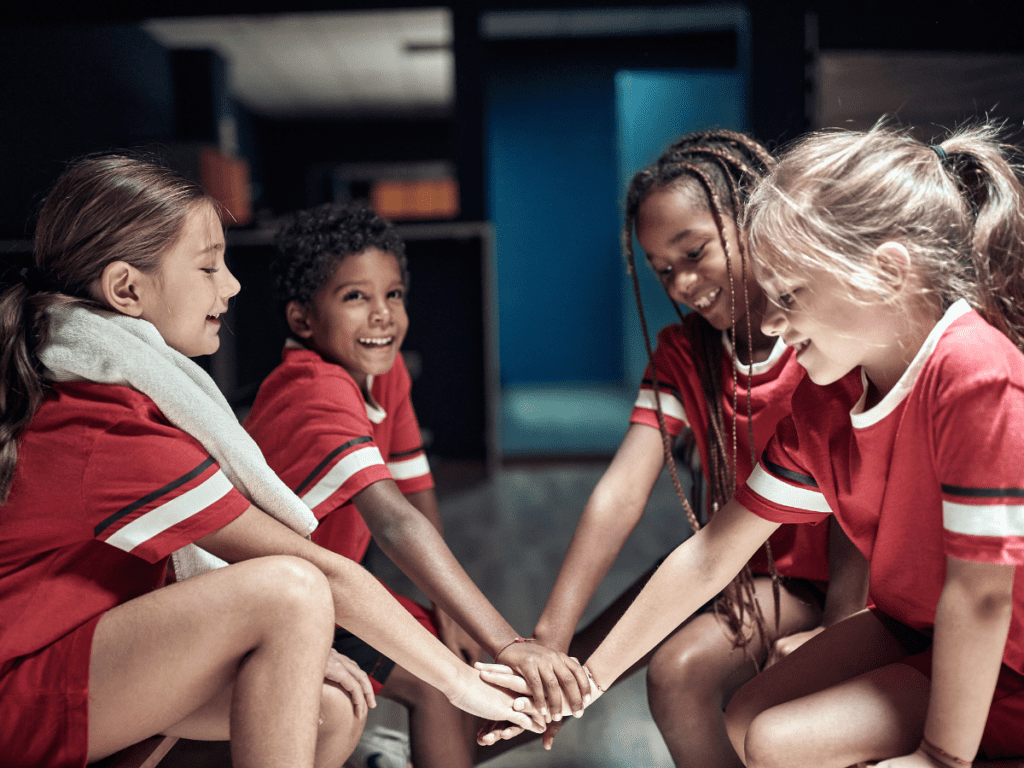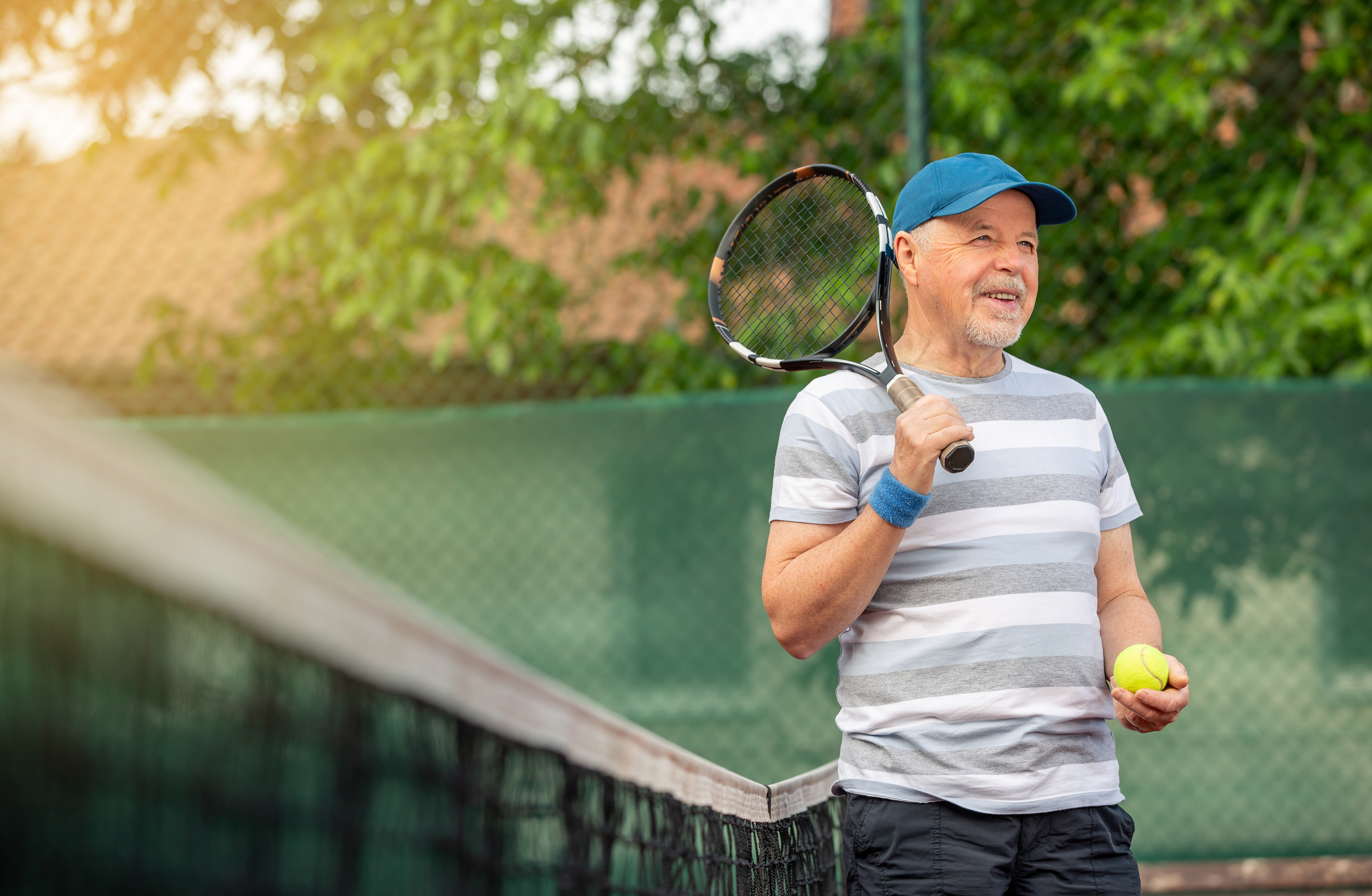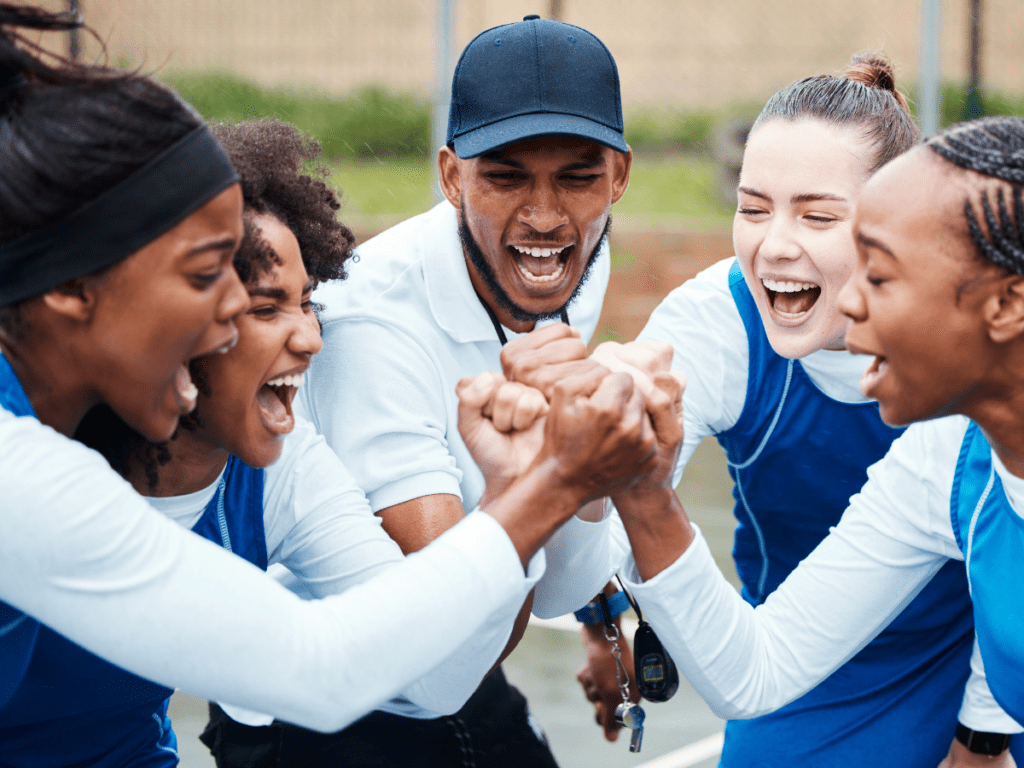Injury concealment in rowing
Lower back pain is a common experience amongst rowers. Unfortunately, new research from Trinity College Dublin uncovered a culture of concealment of pain and injury that compelled athletes to hide their symptoms, jeopardizing their physical and mental health. Education for rowers and support staff about the benefits of early disclosure and the creation of a…
True Sport in practice
True Sport is based on the values of fairness, excellence, inclusion and fun; and driven by the seven True Sport Principles: Go For It, Play Fair, Respect Others, Keep It Fun, Stay Healthy, Include Everyone and Give Back. But what does this look like in practice? Gymnastics Canada’s new Values-Based Sport Module is designed to…
Self-compassion and mental toughness
Research shows self-compassionate athletes rehabilitating from injury tend to be more mentally tough, perceive having more coping resources, and experience less self-criticism. In fact, self-compassion might allow injured athletes to access a healthier version of mental toughness, characterized by acceptance and wise actions, as opposed to a mental toughness characterized by making poor decisions to…
Extracurricular activity involvement in Canada: Relationships with youth development and variations by age, gender and context

Project summary The purpose of this research was to study extra-curricular activity (ECA) involvement in a broad range of Canadian youth, and to examine how this might vary by age, gender and geographical context (e.g. rural vs. urban settings). Of additional interest was how this participation contributes to positive youth development (PYD) and what intervening…
Control over practice
Giving athletes control over certain practice elements is one way that coaches can increase motor learning, even when that choice is unrelated to a motor task. During a retention test, research participants given a choice of golf ball colour during putting practice outperformed participants not given a choice of colour.
Athlete development pathways
The RBC Training Ground and Paralympic Search programs are designed to build the capacity of the Canadian sport system. This includes addressing gaps and roadblocks on athlete development pathways by creating new on-ramps for those not already engaged, and supporting transfer opportunities for existing exceptional athletes. It also involves building the skills of sport organizations…
Transformational coaching
In sport, transformational leadership involves empowering athletes and providing them with the values, skills, and mentorship to achieve their full potential, both on and off the field. Coaches with greater transformational leadership have been found to produce athletes that are more independent, and less reliant on their coaching.
Assessing youth sport programs’ facilitation of positive youth development

Background / Context / Objective With growing societal concern for youths’ healthy development, extensive literature suggests organized leisure activities serve as optimal contexts to foster positive youth development (Larson, 2000), and sport has consistently been found to be the most popular organized activity among youth (Hansen & Larson, 2007). While youth’s involvement in sport is…
Giving Due Deliberation to Masters Athletes: The Time has Come

Paradoxically, Masters sport is equally celebrated and ignored. Masters athletes are celebrated because they are motivated, goal-oriented, and determined to thrive at ages when sport participation has traditionally waned – they defeat stereotypes and allow us to rethink possibilities. Yet Masters athletes (MAs) can also be an “after-thought” in sport organizations, receiving scarce attention. Our…
Self-Compassion in Sport 101

If you have been involved in the coaching or administrative side of competitive sport, chances are you have seen athletes experience emotionally difficult setbacks. These setbacks can range from devastating performance failures (e.g., “choking” during an important competition), to facing harsh, negative evaluations by others (e.g., spectators, teammates, competitors, parents) and/or themselves (the self-critic is…